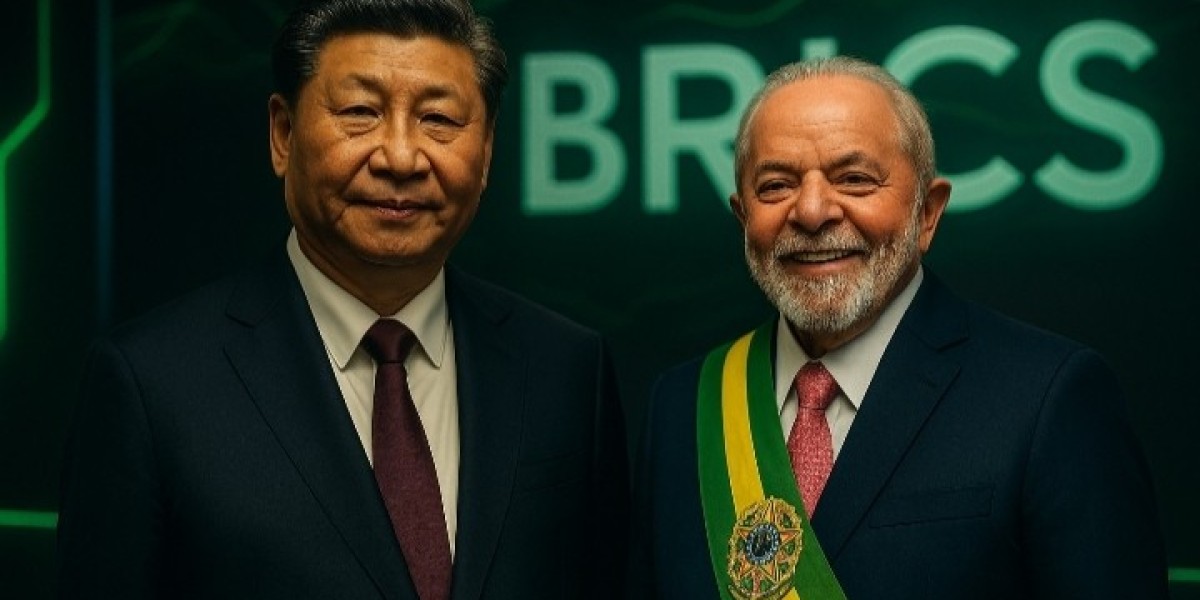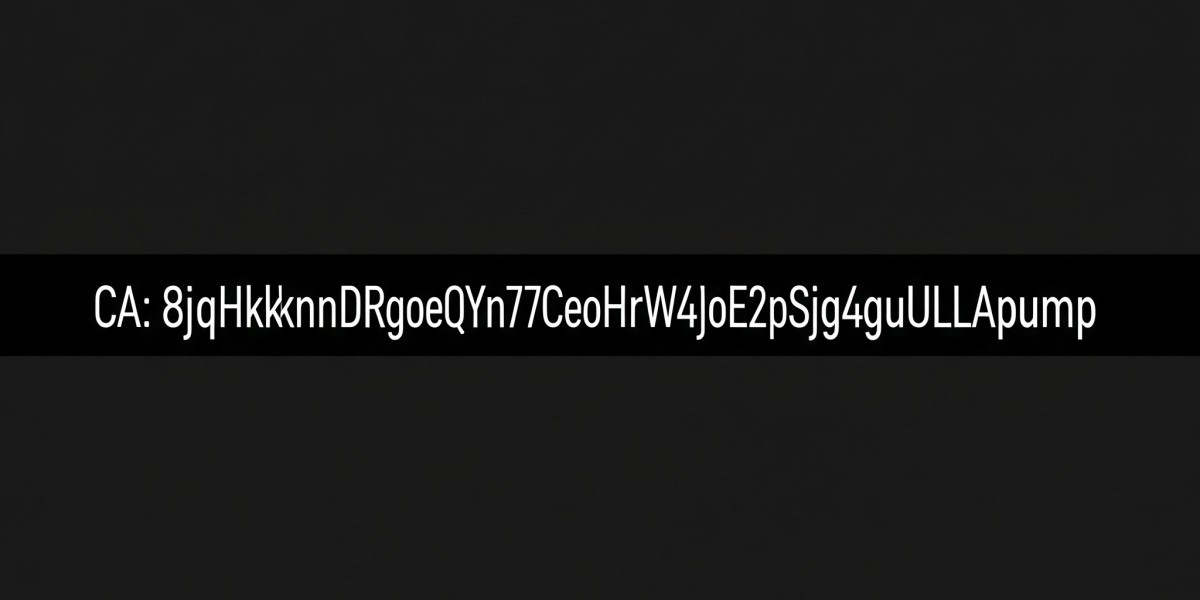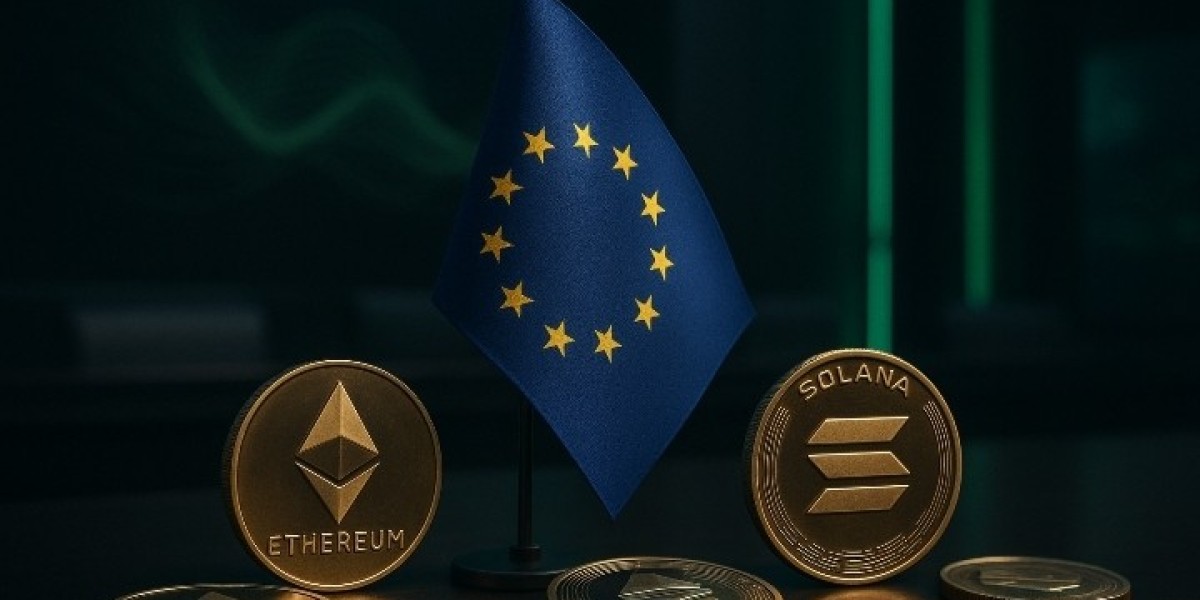In a significant diplomatic move, China and Brazil co-hosted a virtual BRICS summit on September 8, 2025. The event focused on analyzing and responding to the lingering effects of trade tariffs implemented during former U.S. President Donald Trump’s administration. The summit underscores growing cooperation among BRICS nations in shaping the future of global trade and economic policy.
China officially confirmed the attendance of President Xi Jinping, who shared concerns over the long-term disruptions caused by unilateral tariff measures. President Lula da Silva of Brazil, who played a central role in initiating the summit, emphasized the need for unified action among BRICS nations to protect developing economies from volatile trade decisions made by powerful countries.
The summit also explored alternative economic strategies, such as promoting regional trade agreements, diversifying supply chains, and reducing dependence on Western financial institutions. These strategies align with BRICS’ larger goal to foster a multilateral and balanced global economic order.
Observers noted that this virtual gathering reflects a shift in global power dynamics, with BRICS increasingly acting as a counterbalance to Western-led initiatives. With ongoing geopolitical tensions and uncertainties in global markets, the BRICS coalition continues to strengthen its voice on international economic platforms.








